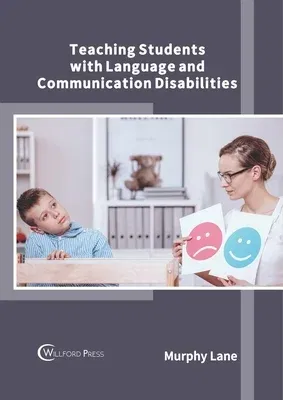Language disorders refer to the disorders in the processing of
linguistic information. Problems can manifest in terms of difficulties
in grammar, semantics, or other aspects of language. These problems may
involve impaired language comprehension or production or a combination
of both. Specific language impairment and aphasia are some examples. It
can extend to spoken and written languages, as well as sign languages.
Speech and language impairment are communication disorders involving
issues in language, hearing, speech and fluency. Some of these issues
can be stuttering or difficulties in creating certain sounds, problems
in the processing of linguistic information, grammar, syntax, etc.
Students with language and communication disorders will benefit from
special approaches to teaching that are goal-based, research-based or
guided by student performance. There are special schools for providing
education to children with special needs. This book provides
comprehensive insights into the education of students with language and
communication disorders. It elucidates new strategies and techniques of
teaching in a comprehensive manner. This book will serve as a reference
to a broad spectrum of readers.

